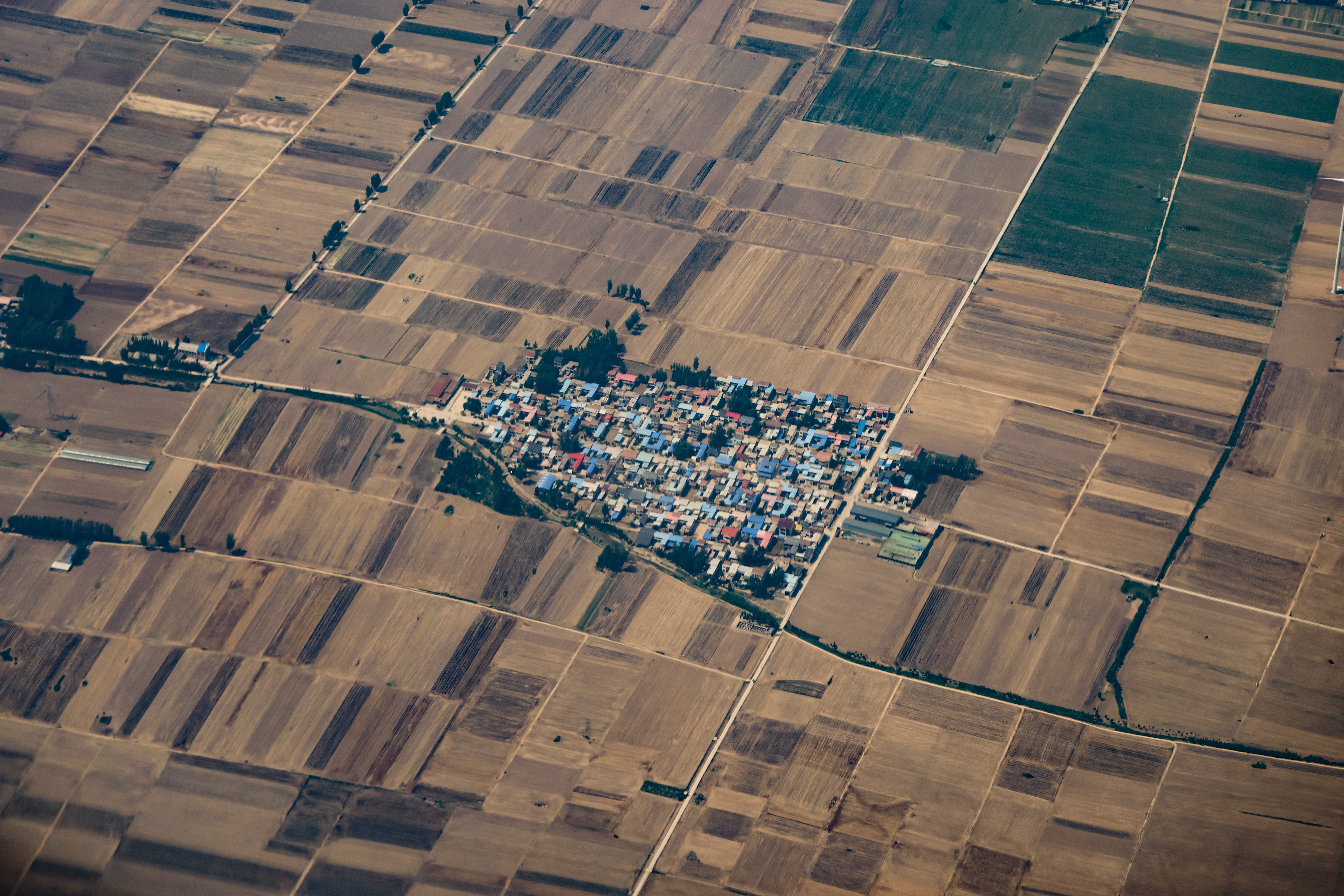Bridging Urban-Rural Healthcare Gaps Through Real-World Data
April 24, 2024

Medical research and clinical trials have historically favored urban communities, resulting in an underrepresentation of rural communities. Real-world data (RWD) gathered from sources like electronic health records offers insights that transcend geographic limitations, revealing how factors like limited access to healthcare impact the health outcomes of rural communities.
Programs like the National Cancer Institute in Appalachia utilize RWD to understand and improve cancer screening rates. The COVID-19 pandemic particularly highlighted the need for rural inclusion in clinical trials to ensure equitable health solutions. Initiatives funded by entities such as the Robert Wood Johnson Foundation demonstrate the benefits of leveraging RWD to address specific rural health issues, including mental health and substance abuse, while also promoting tailored policies that enhance health equity. This approach ensures that healthcare advancements benefit all communities, regardless of location.
To read more, click here.
[Source: MedCityNews, April 22nd, 2024]






